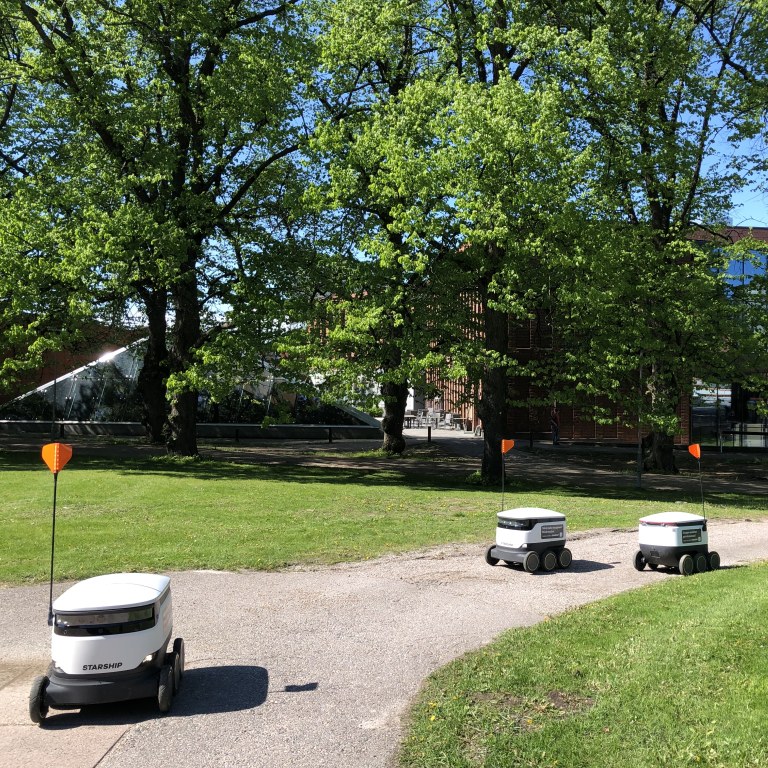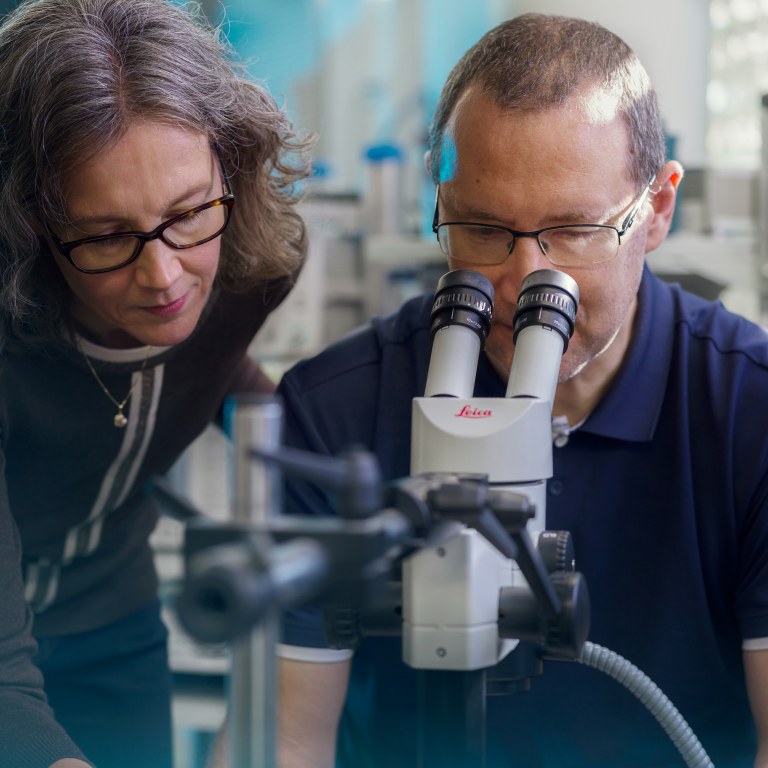A well-established tradition of pioneering research and development remains a recipe for success for Espoo’s food tech ecosystem.
What is it about food that intrigues you? For some, it is the taste, texture, appearance or aroma – or the simple matter of providing fuel to get through the day. For Espoo’s innovation community, however, food takes on a whole new meaning: an opportunity to develop new materials to create a sustainable future.
To fully understand the ground-breaking future food spirit in Espoo, one needs to look to the past. The technological research centre VTT has spearheaded the city’s food tech research and development for decades, creating numerous new materials and non-agricultural sustainable foods along the way. The roots of VTT’s current biotech research, for example, can be found in a long-standing focus on beer and brewing, which spawned its world-first testing of transgenic barley in the 1980s and numerous patents over the years in both barley and yeast.
Cereals are also extensively researched at VTT, and bread has been a particularly fruitful area of interest – perhaps unsurprising given rye bread’s ubiquity in the Finnish diet – improving such aspects as flavour, texture and shelf life.
Tasty technology
Espoo’s food and beverage innovations are hardly limited to beer and bread, though. Indeed, VTT is helping to reduce animal protein consumption in Europe by 20 per cent per capita. This lofty goal is bolstered by various smart plant-based and bioprocessing technologies facilitating the renewal of food processes, and several VTT spinoff companies then taking them to market.
The Pekilo single-cell protein production method is one such example. Originally developed for the forest industry in the 1970s, the dated by-product production process represented a new opportunity for eniferBio. The startup modernised the method with new biotech, successfully applied it to fish feed production and is now set to bring its protein to the dinner table.
Some source ingredients can be close at hand, even if they may initially seem difficult to grasp. The VTT spinoff Solar Foods produces protein literally from thin air using a natural fermentation process powered by renewable energy. That’s right. Nowadays headquartered in Helsinki, the company’s commercial production is gearing up soon.
Sustainable food for thought
Alternative protein production is also at the core of Onego Bio’s activities. The company uses cellular agriculture means developed at VTT to create bioalbumen: identical egg white protein containing no trace of animals whatsoever. Spearheading the cellular food startup is Maija Itkonen, who, apart from being behind the Finnish pulled oats phenomenon in recent years, also cofounded the Aalto University Design Factory.
The local food tech ecosystem also offers another sustainability-focused protein solution that can literally be found in our backyard: crickets. Originating from Aalto University, EntoCube is at the forefront of changing eating habits with its cutting-edge devices and equipment, helping to produce extremely nutritious and easy-to-eat snacks or side dishes to meals.
Another Espoo-based company is finding inspiration further away from dry land. Origin By Ocean rids deeper waters of harmful algae and seaweed and then uses this to develop sugars, emulsifiers, pigments and antioxidants with its patented biorefinery technology, Nauvu. The company’s partners then use these ingredients to create tasty treats such as dairy products, baked goods and desserts. This is just the tip of the algae iceberg, mind you, with the additional solutions produced, including cosmetics, detergents and packaging, to name but a few.
THE FUTURE’S WRAPPED UP
Packaging is also prominent elsewhere in Espoo’s innovation ecosystem. Paptic’s wood-based and food-safe material is a durable, reusable and versatile biodegradable plastic alternative suitable for anything from shopping bags to flexible packages.
Elsewhere, VTT has started piloting cellulose film made from plants and Aalto University students were awarded at the Biodesign Challenge 2021 for their cellulose food packaging alternative to plastic shrink wrap.
Collectively, these innovations exemplify how Espoo’s deep tradition of research and development has an accumulative impact on future foods. These sustainable solutions stand on the shoulders of decades of expertise and collaboration, a bubbling pot of deep tech inspiration that powers a genuinely circular economy.
Image: VTT



